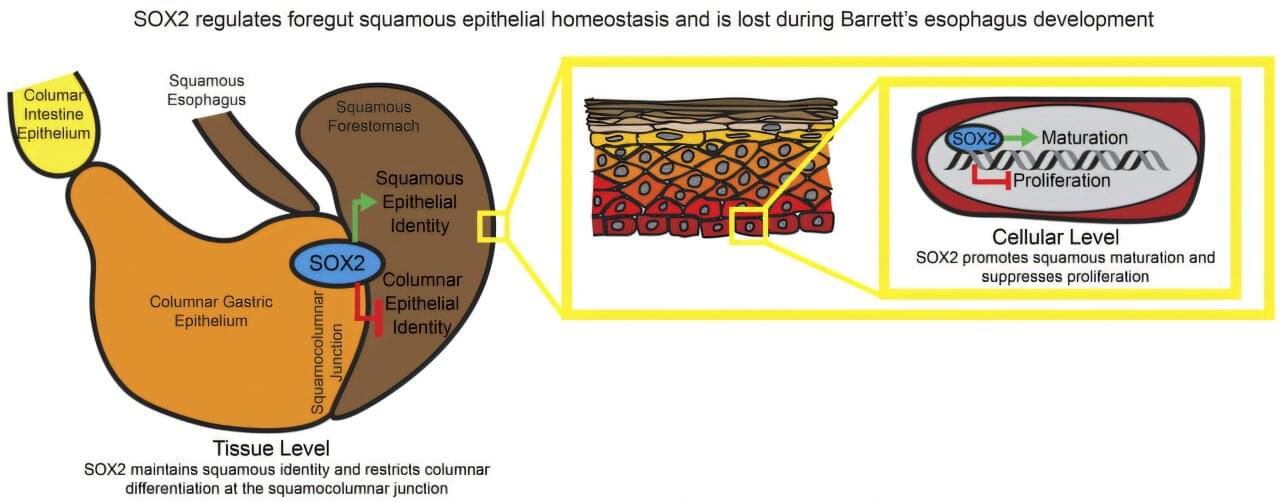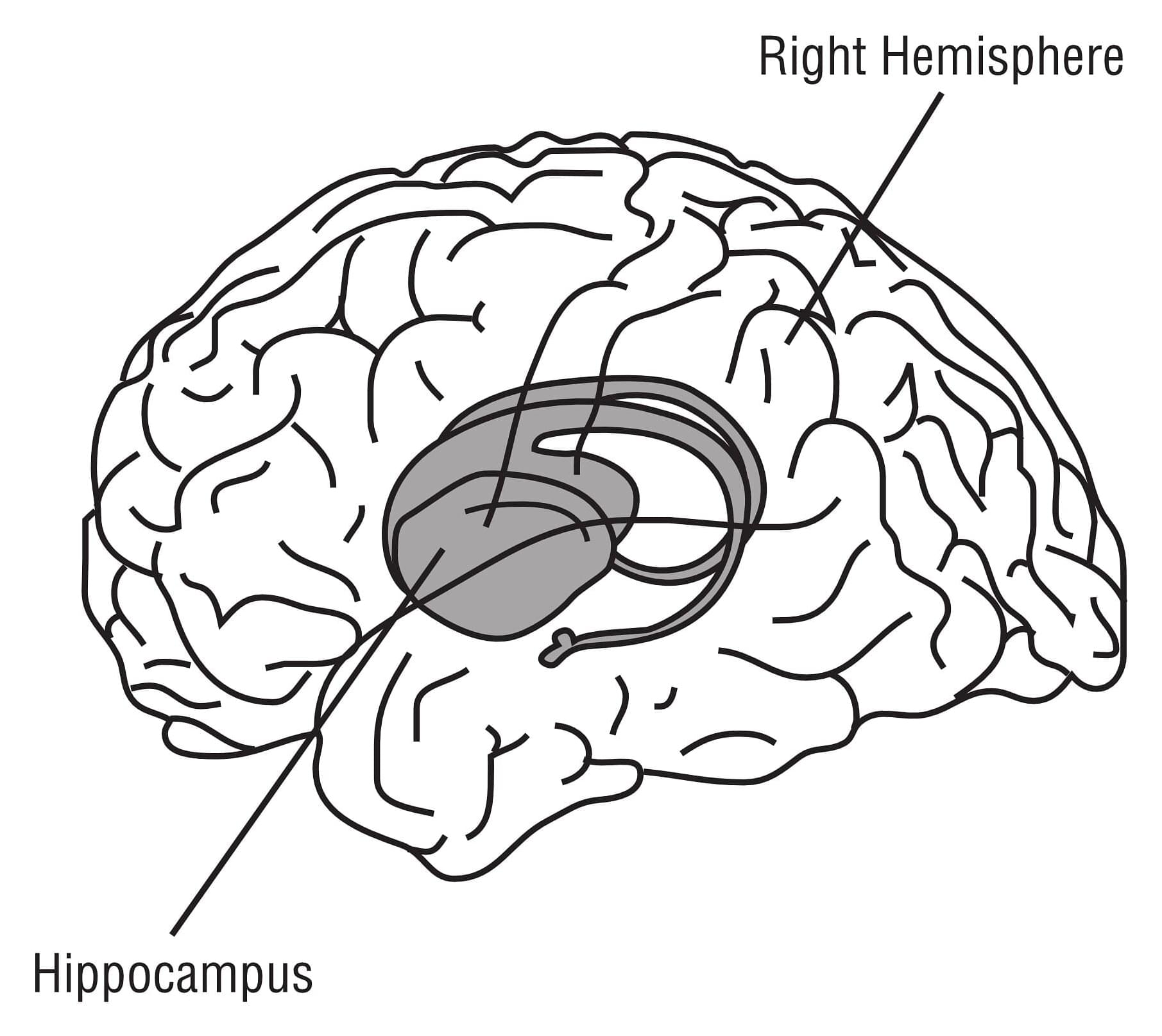A team led by researchers at Baylor College of Medicine and Washington University School of Medicine has shed light on the process that drives Barrett’s esophagus formation. This condition affects the lining of the esophagus—the tube that carries food from the mouth to the stomach—and increases the risk of developing esophageal adenocarcinoma, a serious and often deadly cancer.
The study, published in the Journal of Clinical Investigation, reveals that two important genes involved in guiding and maintaining the identity of the esophagus and intestine, SOX2 and CDX2, are altered in Barrett’s esophagus. The findings not only deepen our understanding of how the disease develops but also open the door to new ways of identifying people at risk and potentially preventing the condition from progressing to cancer.
“Esophageal adenocarcinoma is one of the fastest growing solid cancers. It is difficult to treat, and there are no effective screening techniques available,” said first and co-corresponding author Dr. Ramon Jin, assistant professor in the John T. Milliken Department of Medicine at Washington University.








